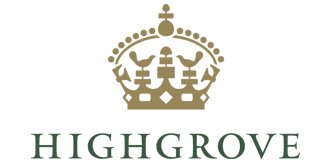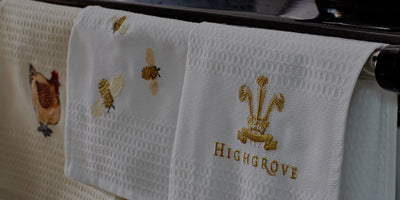Highgrove Gardens
Garden Tours
Events & Workshops
Back
- Cheese & Wine Tasting Experience & Private Garden Tour
- NEW! Sound Bath and Yoga Nidra
- NEW! Spring Wreath Making Workshop
- NEW! Halen Breathwork at Highgrove
- Botanical Casting Workshop 2025 (One-Day)
- Copper Foil Stained Glass Workshop with Sarah Davis
- Floral Art with Resin Workshop with Emma from Nature's Inspiration
- Candle Making Workshop with Natalie from Flourish & Leaf
- **Sold Out** Modern Calligraphy Workshop with Mellor & Rose
The Highgrove Shop
Back
- Sovereign Celebrations
- Honey Bee Collection
- A Taste of Highgrove
- Rosie Sugden Cashmere Accessories
- Highgrove Heritage Collection
- Highgrove X Burberry
- Highgrove X Truefitt & Hill
- Highgrove Bouquet
- Wildflower Meadow Prints & Greeting Cards
- Royal Gardens Fine Bone China
- Turquoise Mountain
- His Majesty The King's Watercolour Collection
- Prince of Wales Check
- Fiona Rae Jewellery
- Miriam Collection
- Bramley Bath & Body
- Chelsea Porcelain
- Emma Stothard Willow Sculptures
- Terracotta Pots
Highgrove Crafts
Book Now
Events & Workshops
- Cheese & Wine Tasting Experience & Private Garden Tour
- NEW! Sound Bath and Yoga Nidra
- NEW! Spring Wreath Making Workshop
- NEW! Halen Breathwork at Highgrove
- Botanical Casting Workshop 2025 (One-Day)
- Copper Foil Stained Glass Workshop with Sarah Davis
- Floral Art with Resin Workshop with Emma from Nature's Inspiration
- Candle Making Workshop with Natalie from Flourish & Leaf
- **Sold Out** Modern Calligraphy Workshop with Mellor & Rose
Workshops at Highgrove




